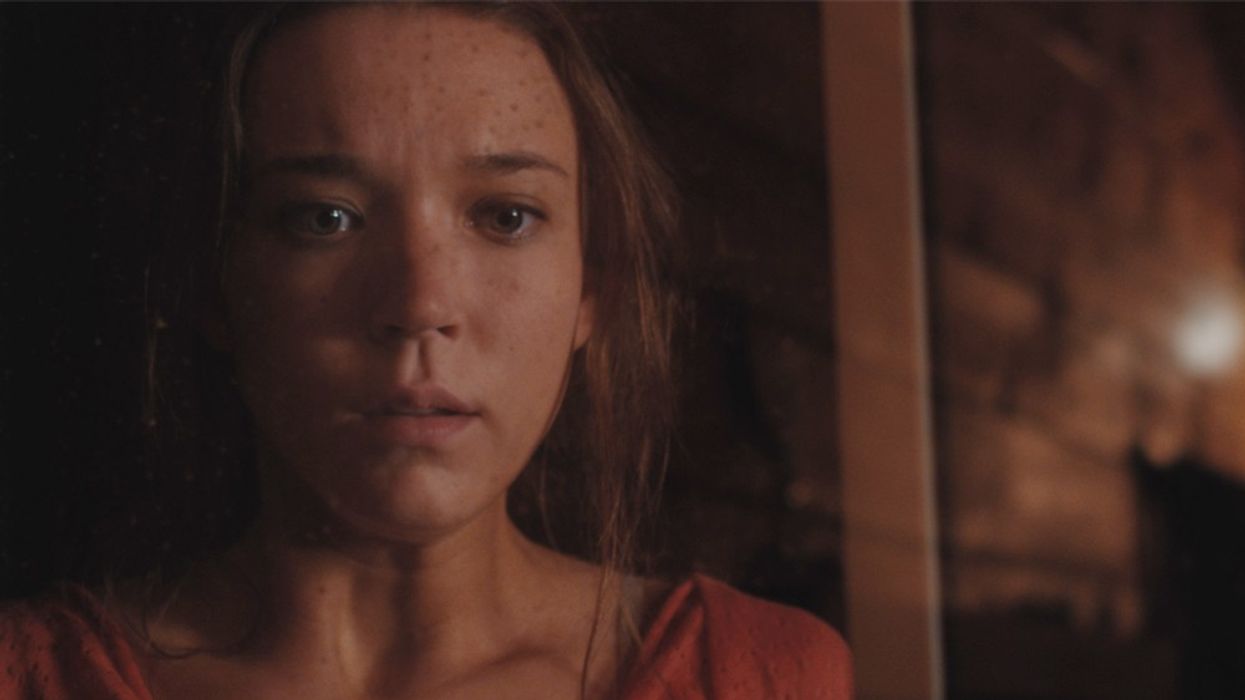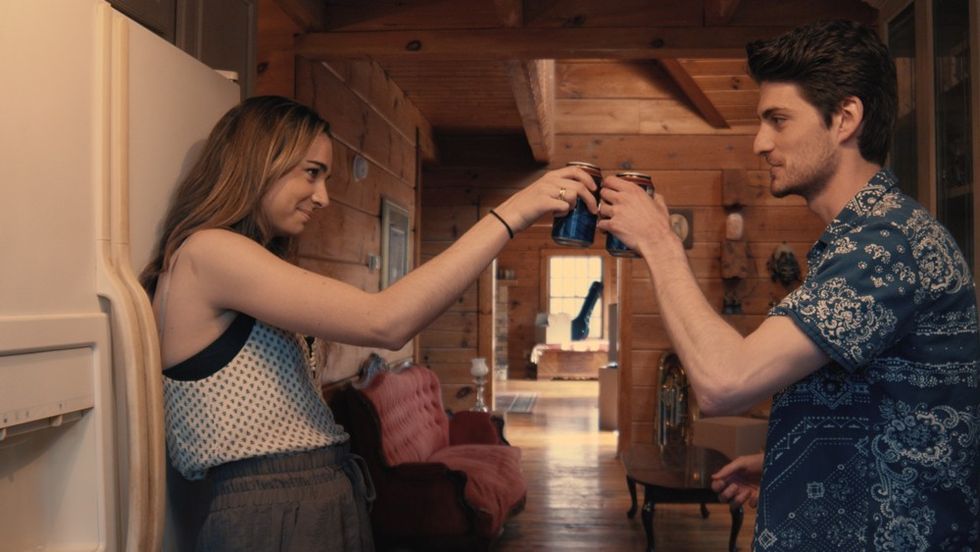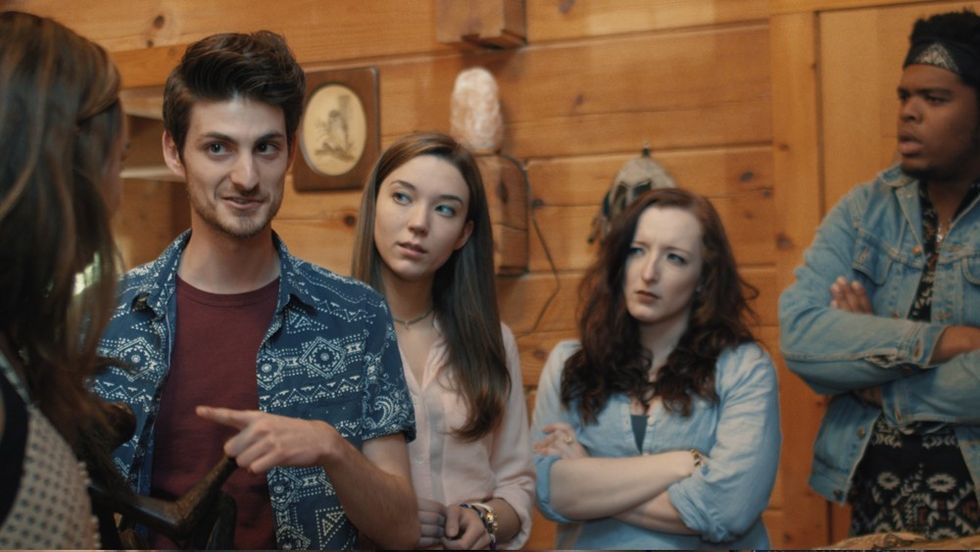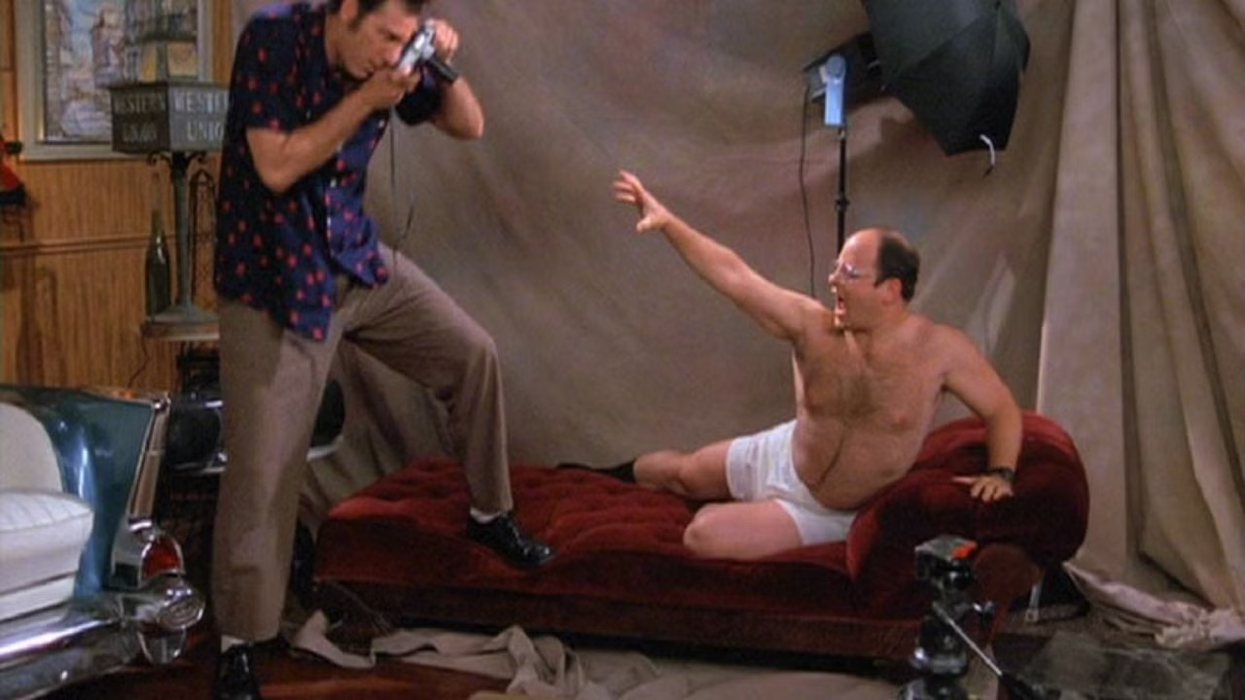4 Things to Know Before Tackling a Feature Film
About to start prep on your first feature or short? Here are some things you should know.

As a long-time reader of No Film School and follower of independent filmmaking, it’s been hammered into my head that “the cavalry is not coming.” If you want to make a film, all you may have is to make it yourself. This can sometimes be frustrating advice, but the reality is there is no better way to learn than by doing.
In 2016, right after graduating from college with a couple of short films under our belt, two of my best friends and I decided to do exactly that. We moved to Greensboro, North Carolina, wrote a bulk of the first draft in five days, and crowdfunded our budget. Four roller-coaster years later, we have a finished film, Here On Out. It made a tour of the festival circuit, landed distribution, and is currently available on Apple TV, Amazon Prime, and other VOD services. We have a lot to share about the experience.
[vimeo https://vimeo.com/360952228First, I think it is important to acknowledge that the advice to "just go make a film" is usually coming from a privileged position (the Duplass’ were pretty much entirely funded by their parents when they started out). Most of our budget (about $17K) came from family and friends. We were able to rent most of our equipment at no cost from my alma mater, Elon University. Nearly everyone who worked on the film (mostly friends) was generous enough (and financially stable enough) to work for free or at majorly discounted rates. There is no way we could have completed the film without our privileged backgrounds. expand=1 site_id=26256498]
Indie filmmaking can be grueling, which is probably why the vast majority of first-time filmmakers don’t make a second feature. And yet, every year thousands of enterprising filmmakers push forward and persevere to share their visions. For those determined filmmakers, I’ve outlined the four most important things I wish I had known before launching into my first feature film, and which will be at the top of my mind as I begin making a second one. Everyone’s experiences will be different, and after one film I am by no means an expert, but here are some important things I learned worth considering.

Take your time with the writing process
The best advice that you commonly receive as an indie filmmaker is to write within your means, take stock of what is available to you, and build a story around that. When we began forming our early draft, we knew that we wanted to cast our acting-major friends who were still in school. Because of this, we needed to work around their schedules. This put us on a bit of a crunch in order to get the script ready to shoot in time. We found ourselves making major adjustments right up to the day of shooting (including a last-minute slashing of about 25 pages).
While I still feel good about what we were able to accomplish, I wish we had more time to sit with each draft.
Another key component of the writing process is to seek notes from a wide variety of trusted sources. We reached out to former professors and other writer friends throughout the process, and their critiques were invaluable. But again, notes take time to integrate, and the more time you have to polish and refine, the better your script will be.
Be ready to do any and every job
This piece of advice pertains to not only on-set jobs but also day jobs. During the course of the entire process, my core collaborators and I found ourselves working a number of odd jobs that allowed for maximum flexibility. We worked in restaurants, movie theaters, escape rooms, and warehouses. Aside from flexibility, these jobs allowed us to leave work at work and focus fully on the film in our free time. I also found that by working outside of “the industry” I was less prone to burnout while working on the film.
Meanwhile, on set, there was no job too small for any of us. Some days, the only crew members were me and my two collaborators, leaving us to multitask as much as possible. This sometimes meant operating the boom and directing at the same time, or setting up lights while simultaneously blocking with actors. The mindset we had was to do whatever it took and there was no room for specialization; all hands on deck at all times.
For the past year since we wrapped post-production, we have shifted our focus to the business of film. We essentially became our own sales agent and marketing team and managed to ink a distribution deal that has allowed us to share the film with a broader audience. Though none of us knew much about the business side of things, we were forced to continue learning, growing, and wearing new hats.

Yes, you do need a producer
While the mindset that you can do it all is invaluable, there are some jobs that are just too big to take on on top of everything else. As experienced short film producers, we figured this was another component of the process that we could take on ourselves.
As production drew nearer, we began to realize that the seemingly endless logistics of planning 19 days of shooting would be too much on top of the ongoing writing, storyboarding, and production prep. After a chance encounter at a wedding, we brought on our friend Rebekah Richin as our producer.
The boost that she provided was incredible. Trusting someone to have a birds-eye-view of the project while you're in the weeds is crucial.
Don’t take yourself too seriously
Chances are you’ve decided to take on this massive project because you love the craft of filmmaking and you want to get better at it.
It can sometimes feel like the weight of the world is on you when you are in charge of every minute detail on a project this large, but the reality is the stakes are only as high as you make them. It’s important to step back and enjoy the process. Of course, it helps when you work with trusted collaborators and friends.
Sometimes amazing things can happen when you just surrender to the process. I was frequently astounded by how every time something went wrong, other factors would coalesce to make the impossible happen. All it took was a little patience, perseverance, and openness.
When we set out to make our first feature, we may not have fully known what we were getting ourselves into, but the one thing that proved to be true was that the best way to learn is in fact by doing. So let me be the hundredth person to tell you: just go make that film.
Check out Here On Out on Amazon Prime, iTunes, Google Play, and other VOD platforms.











